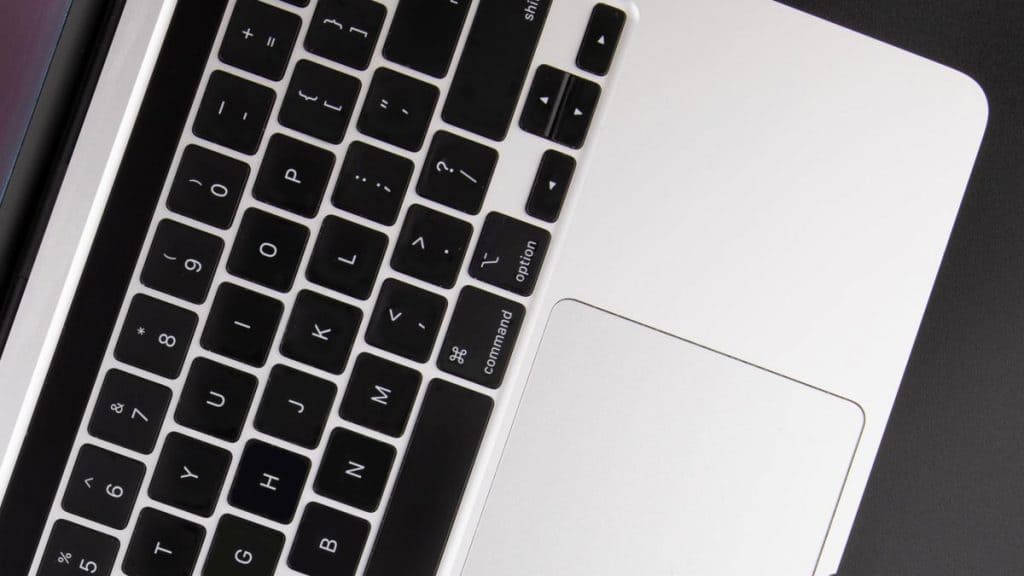MacBooks are renowned for their sleek design, robust performance, and user-friendly interface. However, even the most reliable devices can encounter unexpected issues. One such problem that many MacBook users face is the sudden appearance of a black screen. It can be a perplexing and frustrating experience, but fear not; you are not alone, and there are solutions.
In this extensive guide, brought to you by PITS, we will delve deep into the “My MacBook screen is black” issue. We will explore the various reasons behind it and provide comprehensive step-by-step solutions to help you get your MacBook back in working order. Our data recovery experts understand the importance of your data, and we’re here to guide you through the process.
Screen on MacBook is Black - Understanding the Causes
Before we embark on the troubleshooting journey, it is essential to understand the potential causes of the “My MacBook Air screen is black” or “My MacBook Pro screen is black” problem. This knowledge will empower you to apply the appropriate fix and increase your chances of a successful resolution.
Hardware Malfunction
Hardware components such as the display or graphics processing unit (GPU) may malfunction, leading to a black screen. While hardware issues can be intimidating, they are just one piece of the puzzle.
Software Glitches
Software-related problems, such as conflicts, corrupted files, or incompatible applications, can also trigger a black screen.
These issues are often more straightforward to tackle than hardware problems.

Operating System Issues
An improper shutdown, failed software updates, or a corrupted macOS installation can result in the black screen issue. Understanding your MacBook’s operating system is crucial for troubleshooting.
Peripheral Devices
Sometimes, peripheral devices or external displays can interfere with your MacBook’s display settings. Even seemingly unrelated devices can impact your MacBook’s performance.
How to Fix MacBook Pro Black Screen of Death Issue
Recover Data from MacBook Pro or Air
At PITS Global Data Recovery Services, we understand that your data is invaluable, especially when dealing with issues like the black screen problem on your MacBook. Our team of experienced data recovery specialists is here to provide you with professional assistance and peace of mind.
At PITS Global Data Recovery Services, we understand the significance of your data. If you have experienced data loss due to the “My MacBook screen is black” issue or any other problem, do not hesitate to contact us. Our team of experts specializes in data recovery and can assist you in retrieving your invaluable files. Remember, with the right approach and professional assistance, your MacBook can be back up and running smoothly in no time.
In this extensive guide, we’ve offered an in-depth look at Recovery Mode and the process of reinstalling macOS. Armed with this knowledge, you will be well-equipped to tackle the “My MacBook screen is black” issue effectively, ensuring the safety of your data throughout the troubleshooting process.
Frequently Asked Questions
Why is my MacBook screen black, and what causes it?
A black screen on your MacBook can result from various factors, including hardware malfunctions, software glitches, operating system issues, or conflicts with peripheral devices.
What should I do if my MacBook screen goes black?
Start by checking your MacBook’s power status and performing a hard reset. If the issue persists, try booting into Safe Mode, resetting the SMC, or connecting to an external monitor, among other troubleshooting steps outlined in our guide.
How do I access Recovery Mode and reinstall macOS?
To access Recovery Mode, shut down your MacBook, then turn it on while holding the Command (⌘) and R keys. Reinstalling macOS from Recovery Mode involves selecting the “Reinstall macOS” option and following the on-screen instructions while ensuring you have a backup of your data.
What if none of the troubleshooting steps work?
If your MacBook screen remains black after attempting all the troubleshooting steps, it’s advisable to seek professional help from Apple Support or an authorized service center to diagnose and address potential hardware issues.
How can I prevent data loss during the troubleshooting process?
Ensure you have a recent backup of your important data before attempting any troubleshooting or reinstalling macOS. Regular data backups are vital to safeguard your files from potential data loss.


